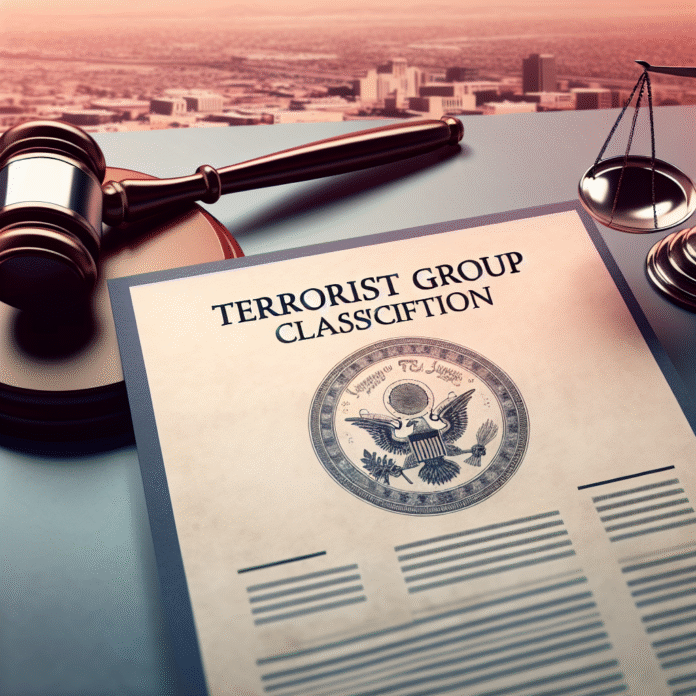Cruz Proposes Legislation to Classify Muslim Brotherhood as Terrorist Group
Cruz Proposes Legislation to Classify Muslim Brotherhood as a Terrorist Organization
In a bold move aimed at addressing national security concerns, Senator Ted Cruz has introduced a bill that seeks to officially designate the Muslim Brotherhood as a terrorist organization. This proposal, which has garnered significant attention, reflects ongoing debates regarding the influence of extremist groups and their impact on global security.
The Muslim Brotherhood, an Islamist organization founded in Egypt in 1928, has been a subject of controversy and scrutiny. Critics argue that its ideology promotes radicalism and has connections to various terrorist activities. Proponents of the bill assert that designating the group as a terrorist organization would enhance the United States’ ability to counter radicalization and extremism, both domestically and abroad.
Cruz’s initiative is part of a broader strategy to combat terrorism and safeguard American interests. The bill aims to grant law enforcement and intelligence agencies additional tools to monitor and combat activities associated with the group. Supporters believe that this designation could help in cutting off funding streams and dismantling networks that facilitate terrorism under the guise of political activism.
The legislation has sparked a mixed response from lawmakers and experts. Supporters argue that the Muslim Brotherhood has played a role in fostering extremist ideologies and should be held accountable for its actions. On the other hand, critics warn that such a designation could further polarize communities and hinder legitimate political discourse, especially among Muslim populations in the United States and around the world.
In addition to the immediate implications of the bill, it raises important questions about the criteria used for labeling organizations as terrorist entities. The process often involves complex legal and diplomatic considerations, which can have far-reaching consequences on international relations and domestic policies.
As the debate continues, the implications of Cruz’s proposal will likely reverberate through legislative chambers and beyond, prompting discussions on how best to balance national security with the principles of free speech and political expression. The outcome of this bill could set a precedent for how similar groups are treated in the future and may influence U.S. policy regarding Islamist movements globally.
In conclusion, Senator Cruz’s bill to designate the Muslim Brotherhood as a terrorist organization is a significant development in the ongoing fight against extremism. As discussions unfold, the potential ramifications of this legislation will be closely watched by both supporters and opponents, reflecting broader tensions in contemporary political discourse surrounding terrorism and the complexities of addressing radical ideologies.

